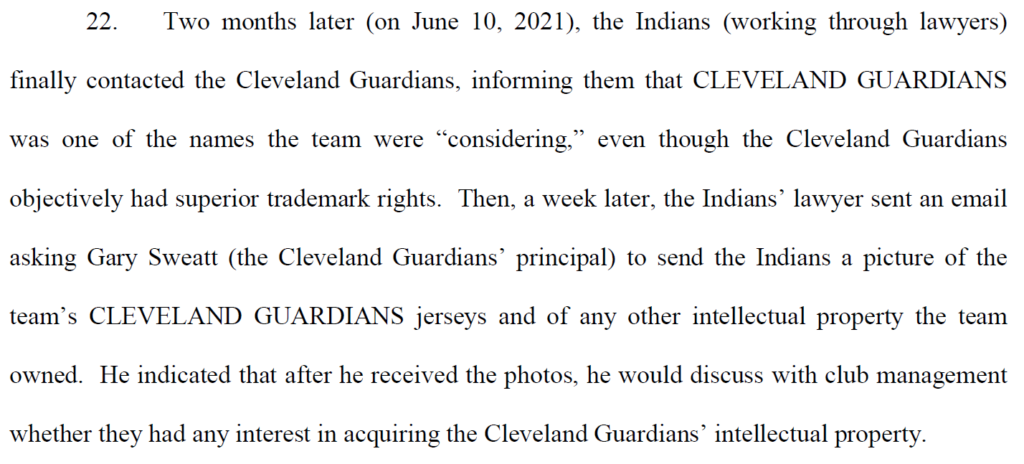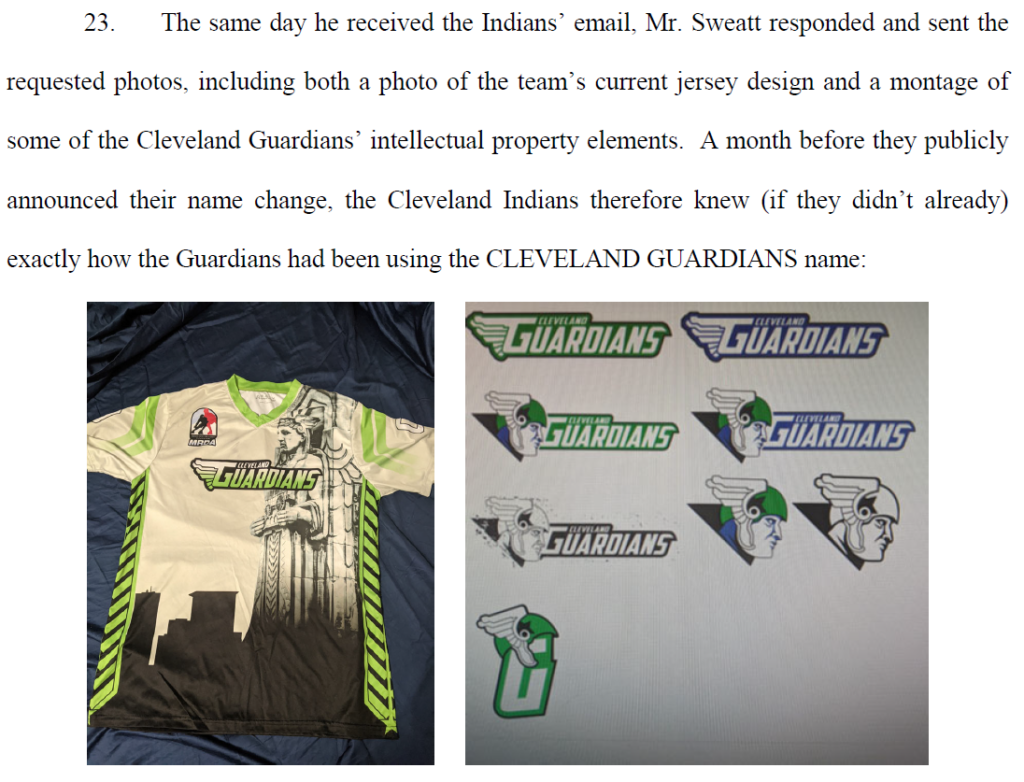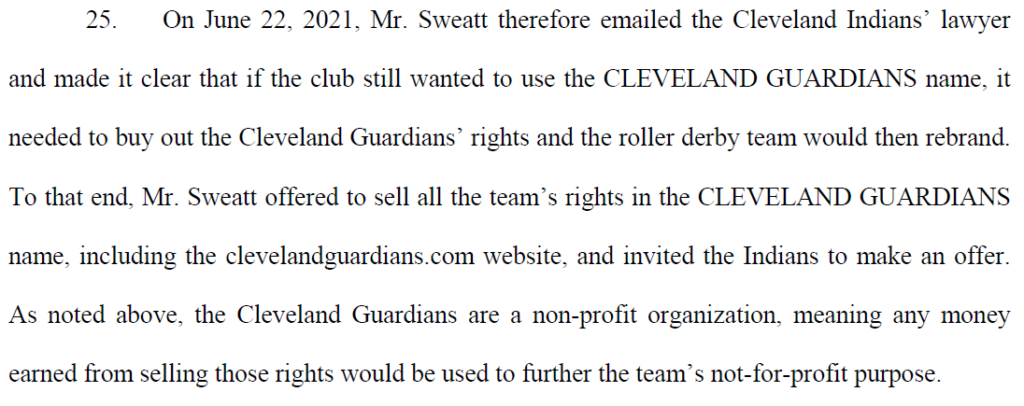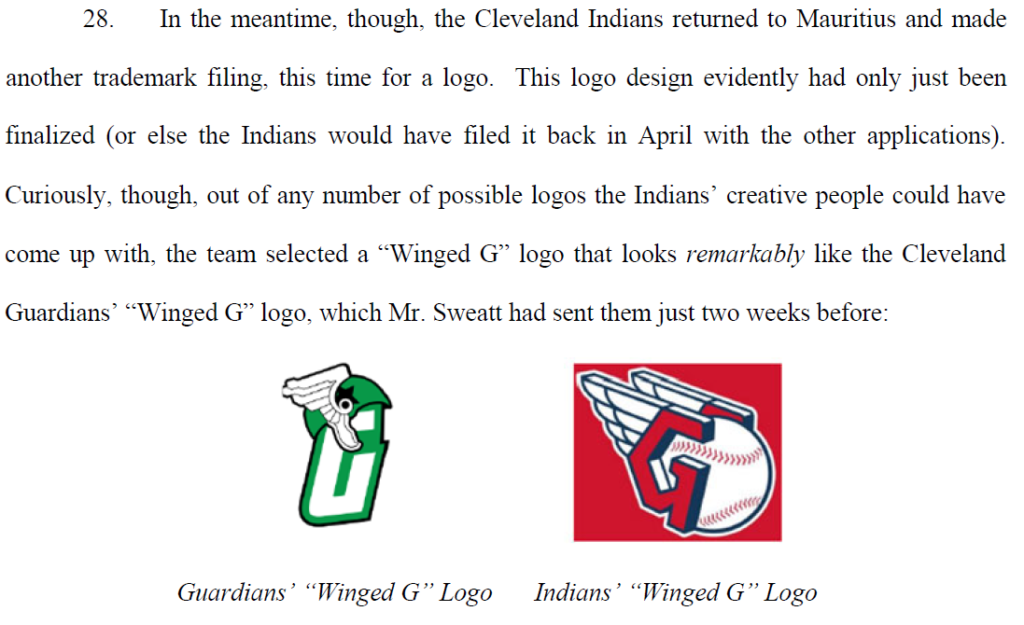In Galperdi, Inc., v. Galperti S.R.L., [2021-1011] (November 12, 2021), the Federal Circuit vacated and remanded the TTAB’s finding no falsity of Galperti S.R.L.’s exclusive use from 2002 to 2007, the Board committed two legal
errors: requiring Galperti Inc. to establish its own proprietary rights to the mark and disregarding third party use of the mark.
Galperti S.r.l., to support its application to register GALPERTI, told the PTO that, in the five preceding years, its use of the mark was “substantially exclusive.” In response ,the USPTO issued Reg. No. 3411812. Galperti Inc. petitioned the PTO to cancel the registration, arguing, among other things, that the registration was obtained by fraud because Galperti S.r.l. statement of substantially exclusive use was false and, indeed, intentionally so. When the PTO dismissed the cancellation petition, the Federal Circuit affirmed as to the non-fraud issues but vacated the Board’s rejection of the fraud charge and remanded for further consideration of that charge. On remand the PTAB again dismissed the cancellation proceeding.
GALPERTI is “primarily merely a surname” and, so, without more, could not be registered. Lanham Act § 2(e)(4), 15 U.S.C. § 1052(e)(4). Galperti-S.r.l. obtained a registration of GALPERTI on the Principal Register under Section 2(f) alleging “substantially exclusive and continuous use thereof as a mark by the applicant in commerce for the five years before the date on which the claim of distinctiveness is made.” 15 U.S.C. § 1052(f).
While in the prior appeal. the Federal Circuit approved the Board’s conclusion that Galperti S.r.l.’s mere “‘knowledge of other players in the marketplace’” was insufficient to make its statement to the PTO “‘per se false,’” id., it held that the Board had erred in stopping at that point, because the absence of “per se” falsity does not imply the absence of falsity. What was needed was an inquiry, on remand, into whether the uses to which Galperti Inc. pointed as showing the falsity of Galperti S.r.l.’s representation to the PTO were significant or, instead, inconsequential.
Galperti Inc. contended on appeal that the Board’s analysis of falsity includes two legally incorrect premises. One is that
Galperti Inc. had to have trademark-protected rights in its use of the mark at issue (in 2002–2007)—specifically,
secondary meaning (i.e., acquired distinctiveness)—in order for that use to count as significant in assessing the fal�sity of Galperti-Italy’s assertion of “substantially exclusive use.” The other is that uses by third parties do not count
in the substantially-exclusive-use assessment unless the third parties were in privity with Galperti Inc. The Federal Circuit agreed with Galperti Inc. on both counts.
Third party use does not have to be as a trademark to impact the determination of whether a mark has become distinctive of an applicant. The Federal Circuit said that a significant amount of marketplace use of a term not as a source identifier for those users still tends to undermine an applicant’s assertion that its own use has been substantially exclusive so as to create a prima facie case that the term has come to acquire distinctiveness as a source identifier for the applicant.
Further third party use is not limited to third parties who are in privity with the petitioner or opposer. Thus, the Federal Circuit said that the Board also erred in its related requirement that Galperti Inc. had to demonstrate privity with other users of the mark to rely on those uses to show falsity of Galperti S.r.l.’s claim of substantially exclusive use. “Any” use may frustrate a claim for substantially exclusive use, without limiting that use to the party challenging registration.








